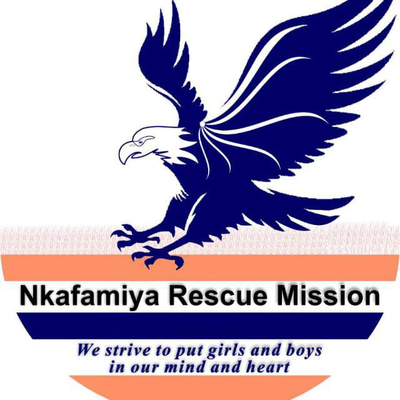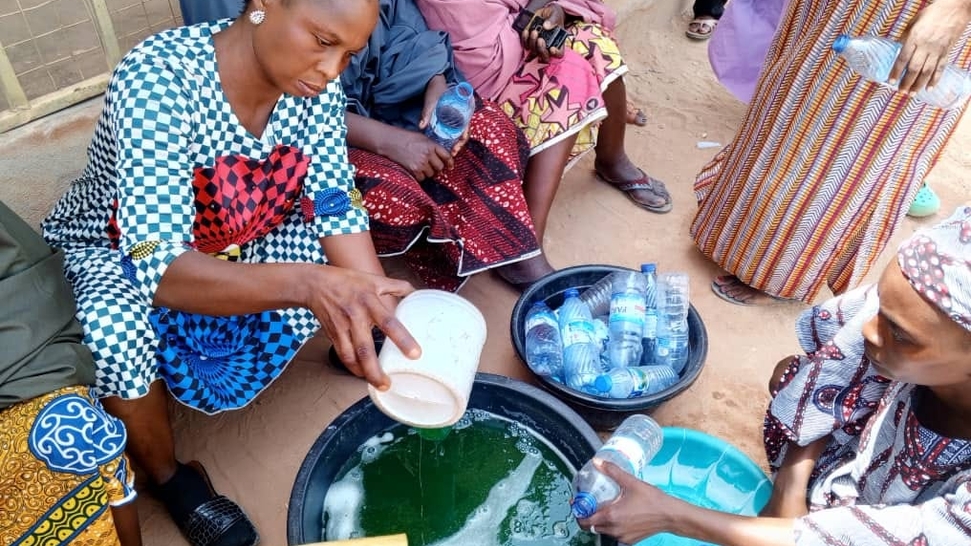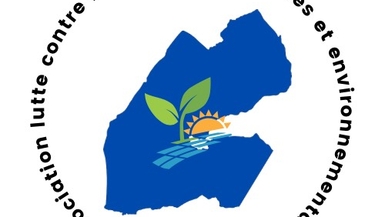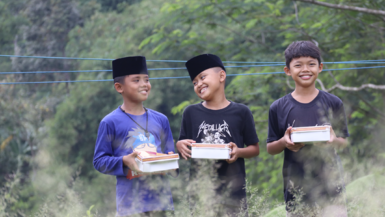Campaign Status
Ongoing Offline: The campaign is currently ongoing offline and, thus still in the process of collecting funds.
Summary
The campaign aims to provide WASH & Nutrition kits to 200 people, rehabilitate 10 broken hand pump boreholes, and provide access to clean water for 20,000 individuals.
Challenge
The campaign will initially be launched in Madagali, Michika, and Numan, communities affected by floods and located in underdeveloped rural areas facing challenges in terms of healthy living and opportunities.
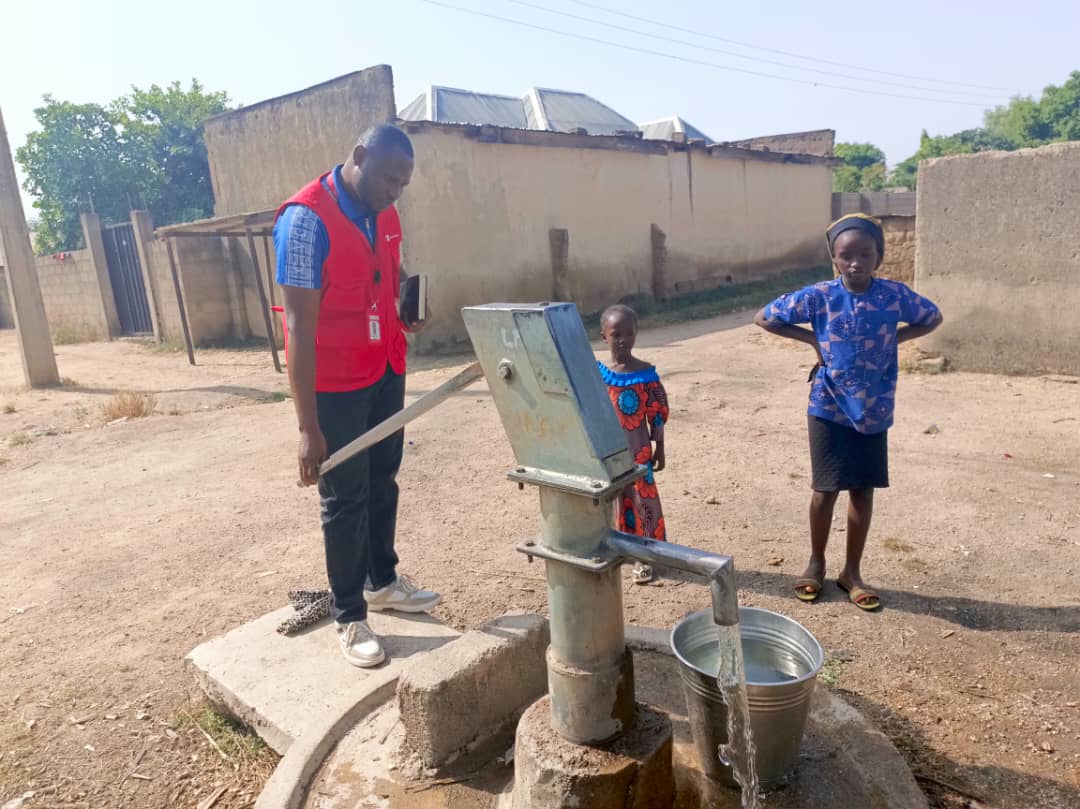
Solution
Our goal is to bring transformative change to this community and serve as a model for similar initiatives in other regions of the state. We also aim to enhance health and sustain living standards for rural resilience through our commitment to creating equal opportunities for the most vulnerable communities. Our target beneficiaries are vulnerable adult households in rural communities who lack access to a quality standard of living.
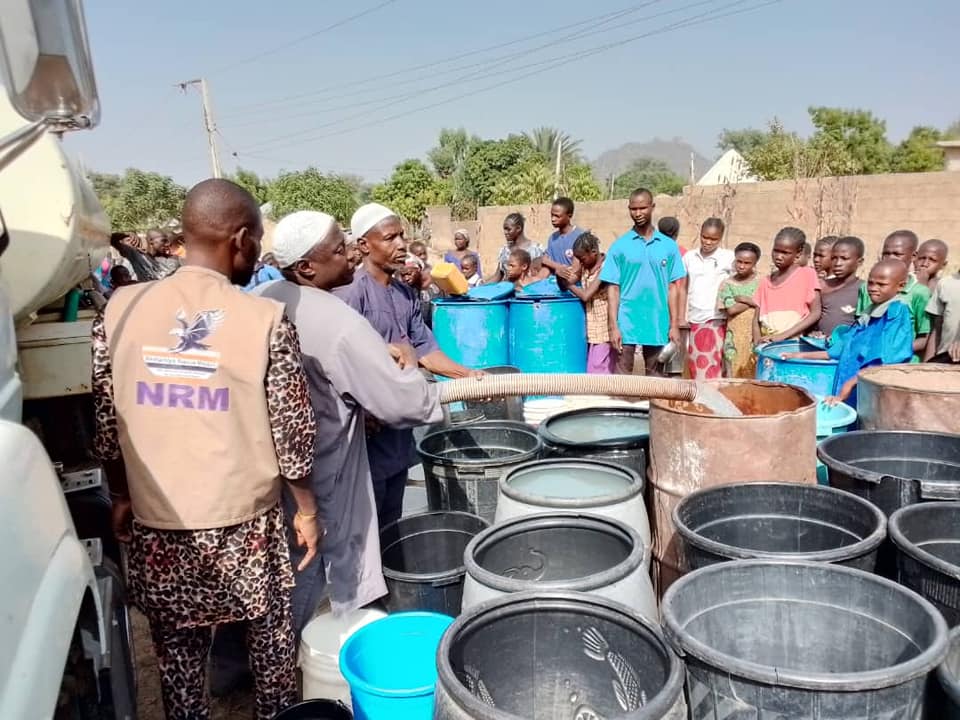
We plan to deploy portable Wash/Nutrition kits containing Hygiene Supplies, Water Purification Tools, Sanitation Items, Educational Materials, Nutritional Supplements, Cooking Utensils, and interactive IEC materials tailored to the local interpretation. Additionally, we aim to conduct stakeholder training programs to ensure effective integration of Wash/nutrition into the implementing process. Our campaign is not just about providing Wash/nutrition kits (NFI) but creating a sustainable environment for healthy growth.
Campaign Objectives:
- Wash/nutrition Kit (NFI) Distribution: Raise funds to purchase and distribute NFI kits to communities and households in the targeted rural area. Each NFI kit includes Hygiene Supplies, Water Purification Tools, Sanitation Items, Educational Materials, Nutritional Supplements, Cooking Utensils, and supplementary IEC materials.
- Stakeholders Training Programs: Organize workshops and training sessions for stakeholders in the community to enhance their literacy and healthy capabilities. This ensures the effective use of the hygiene manual, IEC in the process.
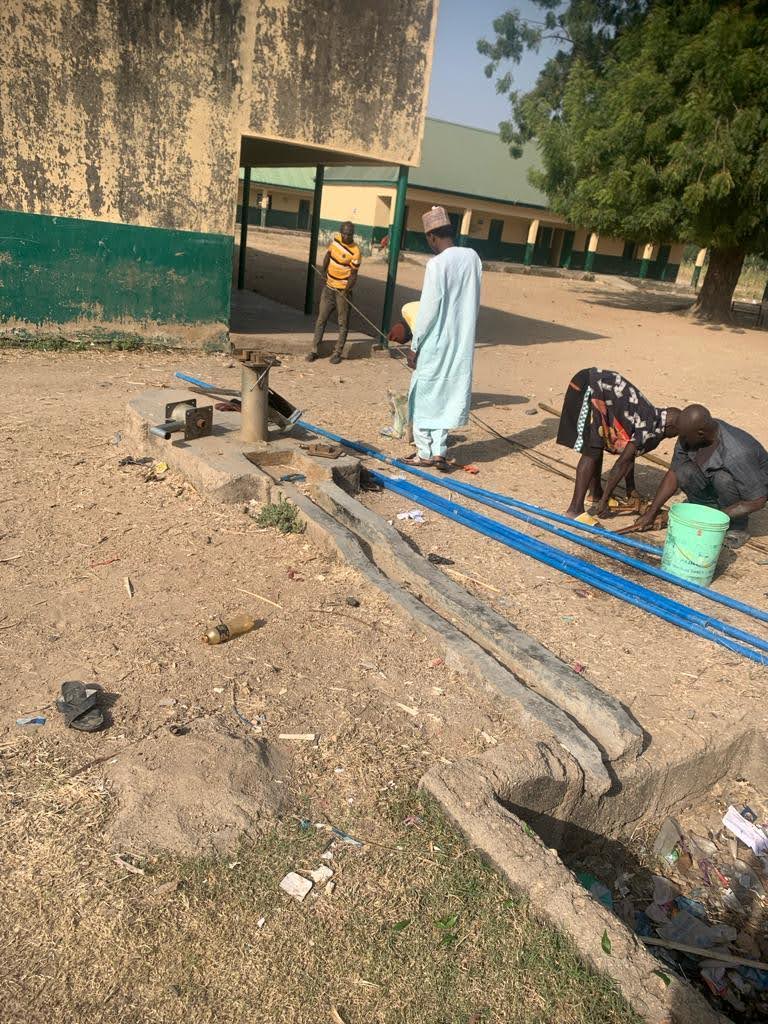
- Infrastructure Development: Allocate funds for necessary infrastructure improvements, such as setting up waste disposal points for dumping refuse, improving water points, and creating safe storage spaces for the maintenance of repair tools.
- Community Engagement: Foster a sense of community involvement by organizing events, seminars, and awareness campaigns to encourage parents and community members to actively participate in the hygiene of their children.
- Monitoring and Evaluation: Implement a robust monitoring and evaluation system to track the impact of the Wash/Nutrition initiative, ensuring continuous improvement and accountability.
